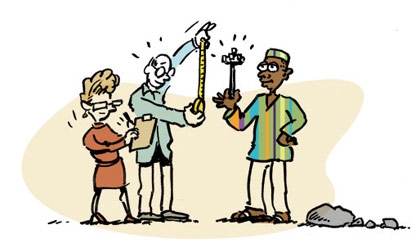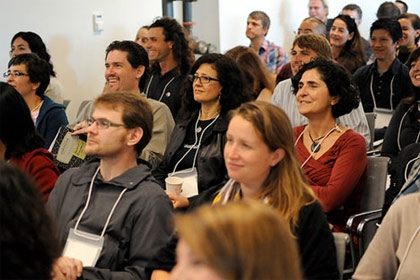Perspectives on greener product development and manufacturing from Sustainable Minds, our partners, customers and contributors.
Teamwork
Sustainable Minds and MAGNET Partner to Advance Sustainability in Manufacturing

Certifications & labeling, Designers, Electronics, Green Economy, Life cycle assessment, Manufacturing, Marketing, Materials & processes, Packaging, Product service systems, Products, Software & systems, Standards & regulations, Strategies, Supply chain, Sustainability paradox, Sustainable Europe, Sustainable interaction design, Teamwork
Greenpeace releases its guide to greener electronics

Certifications & labeling, Designers, Electronics, Green Economy, Life cycle assessment, Manufacturing, Marketing, Materials & processes, Packaging, Product service systems, Products, Software & systems, Standards & regulations, Strategies, Supply chain, Sustainability paradox, Sustainable Europe, Sustainable interaction design, Teamwork
IDSA partnership aims to mainstream innovation in greener product design

Certifications & labeling, Designers, Electronics, Green Economy, Life cycle assessment, Manufacturing, Marketing, Materials & processes, Packaging, Product service systems, Products, Software & systems, Standards & regulations, Strategies, Supply chain, Sustainability paradox, Sustainable Europe, Sustainable interaction design, Teamwork
New in Sustainable Minds Release 1.1

Certifications & labeling, Designers, Electronics, Green Economy, Life cycle assessment, Manufacturing, Marketing, Materials & processes, Packaging, Product service systems, Products, Software & systems, Standards & regulations, Strategies, Supply chain, Sustainability paradox, Sustainable Europe, Sustainable interaction design, Teamwork






 Feed: blog
Feed: blog





